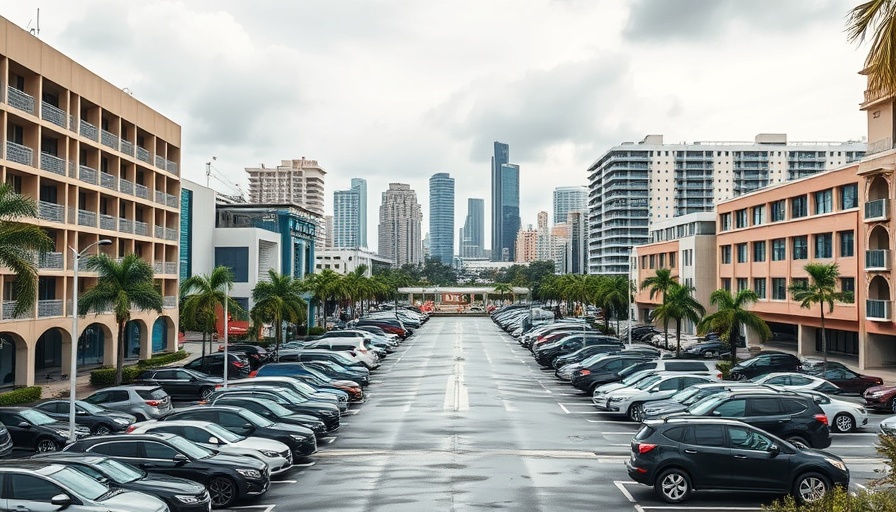
Judge's Ruling: A Step Toward Transparency in Government
A Florida judge has stepped in to halt the transfer of valuable downtown Miami property intended for President Trump's presidential library, citing a lack of sufficient public notice as the main issue. Judge Mavel Ruiz of the 11th Judicial Circuit ruled that the board of trustees of Miami Dade College did not provide adequate transparency in their dealings. The case, rooted in Florida's Sunshine Law, emphasizes the importance of governmental transparency and public engagement in the decision-making process, signaling a potential reconsideration of how such transfers are handled in the future.
What Went Wrong? The Sunshine Law and Public Notice
The Sunshine Law mandates that government bodies maintain open meetings and publicly disclose decisions that impact citizens. In this instance, the meeting during which the Miami Dade College trustees voted to hand over a prime 2.63-acre waterfront property to Trump’s foundation was alarmingly brief—lasted under five minutes—lacked discussion, and seemingly ignored the law’s requirements. This sets a troubling precedent, as hastily conducted governmental actions might bypass public scrutiny, undermining trust in public institutions.
Political Implications and Reactions
The ruling does not end the possibility of the land transfer, but it does emphasize a balanced approach to this politically sensitive issue. Governor Ron DeSantis and Republican leaders had moved to facilitate the property transfer shortly before the judge's ruling. Their actions have drawn scrutiny amid claims of partisanship, but Judge Ruiz’s comments stressed that her decision wasn't political—rather, it reflects a commitment to lawful governance. The public reaction to the ruling has been polarized, with supporters of Trump feeling frustrated, while others commend the judge's commitment to transparency.
The Bigger Picture: Land Use and Public Resources
This situation raises broader questions concerning land use and the public's interest in future developments. The potential library would not only signify a space dedicated to Trump’s legacy but also alter the landscape and usage of prime real estate in an urban area. This incident illustrates the need for ongoing dialogue between governmental bodies and the community, especially when it involves properties that affect local stakeholders.
Community Perspectives: Stakeholders Speak Out
Local residents and students from Miami Dade College have expressed diverse opinions about the library. Some view it as an opportunity for enrichment and tourism, while many others are concerned about the implications of a presidential library in their backyard. The college community has called for increased public involvement in discussions surrounding such pivotal decisions to ensure that future developments reflect the desires and concerns of local citizens.
The Road Ahead: Next Steps for the Property Transfer
With the judge's temporary block in place, Miami Dade College now faces the challenge of re-approaching the property transfer with greater public engagement. In light of this ruling, they are expected to re-schedule discussions or meetings with proper public notice, providing a platform for community feedback. It remains to be seen how this will unfold, but the emphasis on transparency offers a path forward that could enhance public trust in governmental actions.
 Add Row
Add Row  Add
Add 




Write A Comment